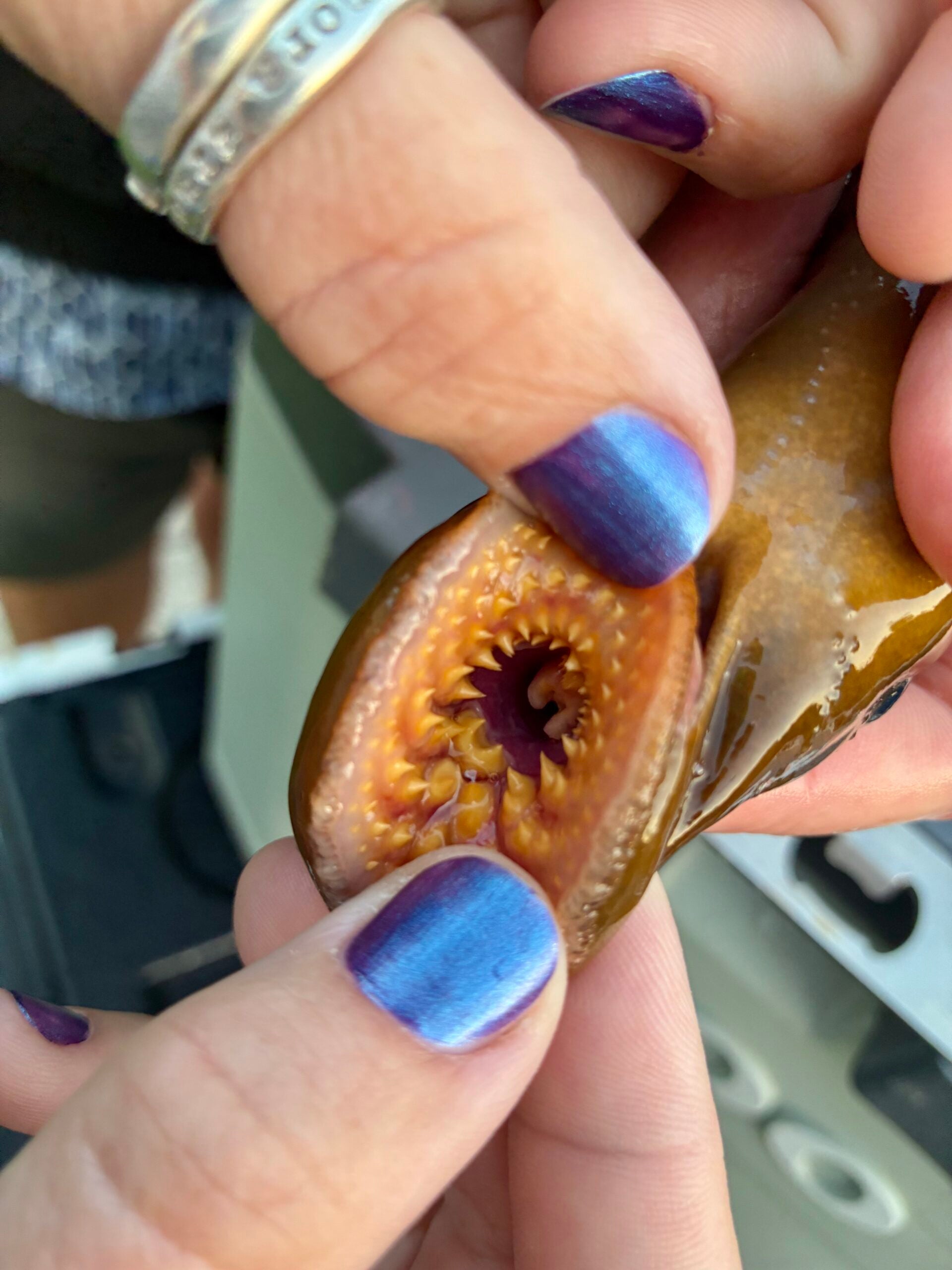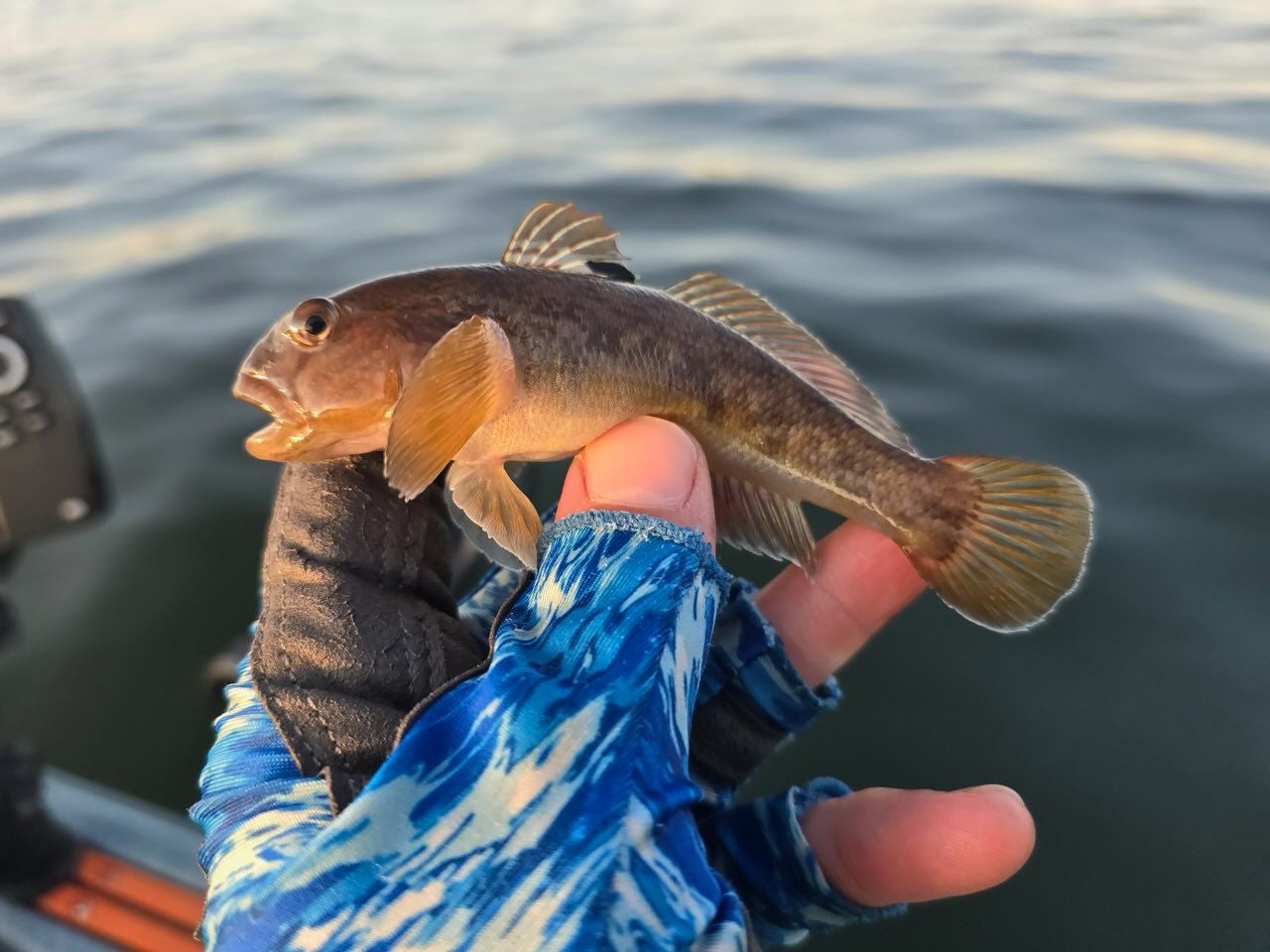A Wisconsin study has found that dealing with invasive species in the Great Lakes region might be more expensive than previously thought.
University of Wisconsin-Madison researchers have looked at one of the non-native species — the spiny water flea — that hasn’t only made it to the Great Lakes, but to Lake Mendota as well. Lead author Jake Walsh said the invader feasts on native zooplankton that would otherwise clean the lake by eating algae.
“That’s a huge setback to that management, and to just how Madisonians enjoy the lake,” he said.
News with a little more humanity
WPR’s “Wisconsin Today” newsletter keeps you connected to the state you love without feeling overwhelmed. No paywall. No agenda. No corporate filter.
Walsh said his team then updated a survey that looked at how much money local residents are willing to spend to improve water clarity, and found the price tag may have gone up at least $80 million. Few previous studies have looked at the toll invasive species take once they move on to ecosystems surrounding the Great Lakes.
The findings are published in the journal, the Proceedings of the National Academy of Sciences.
Wisconsin Public Radio, © Copyright 2025, Board of Regents of the University of Wisconsin System and Wisconsin Educational Communications Board.




